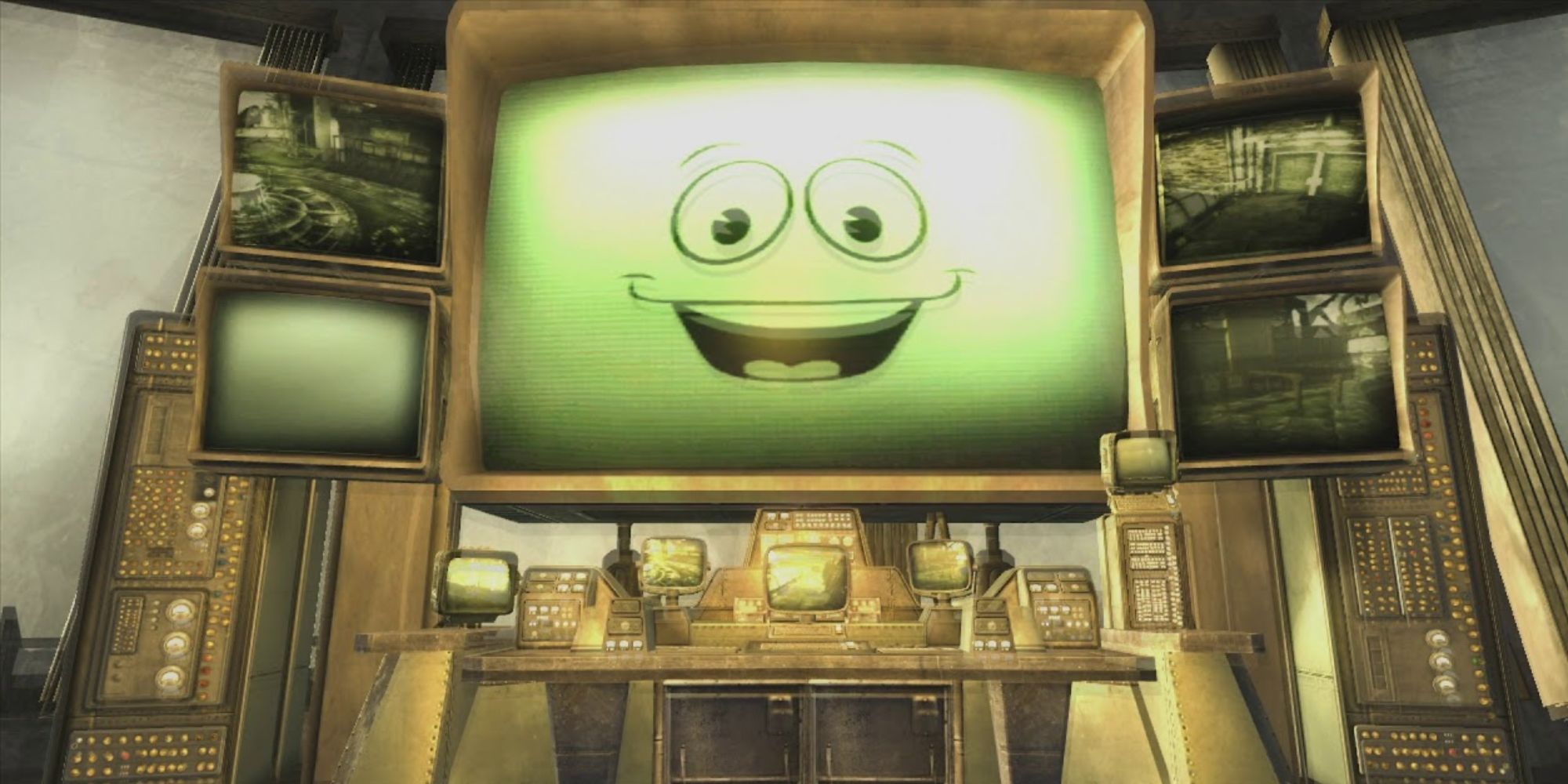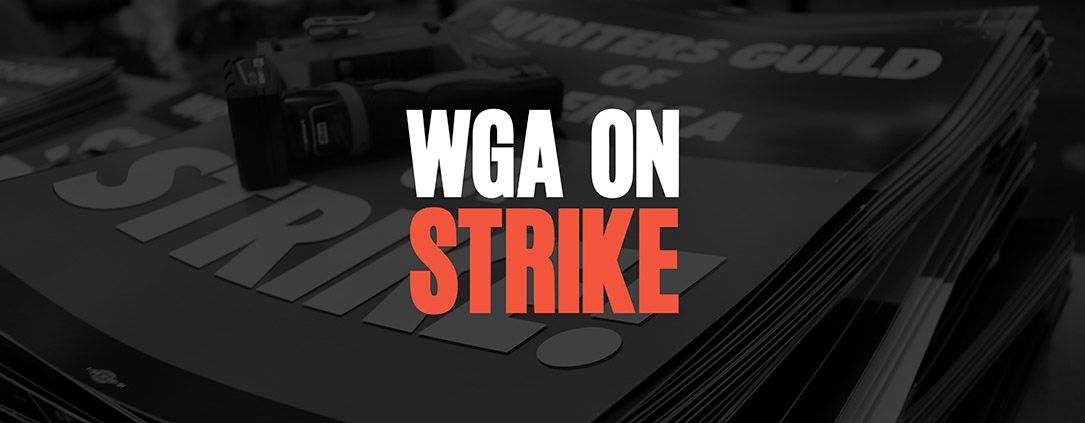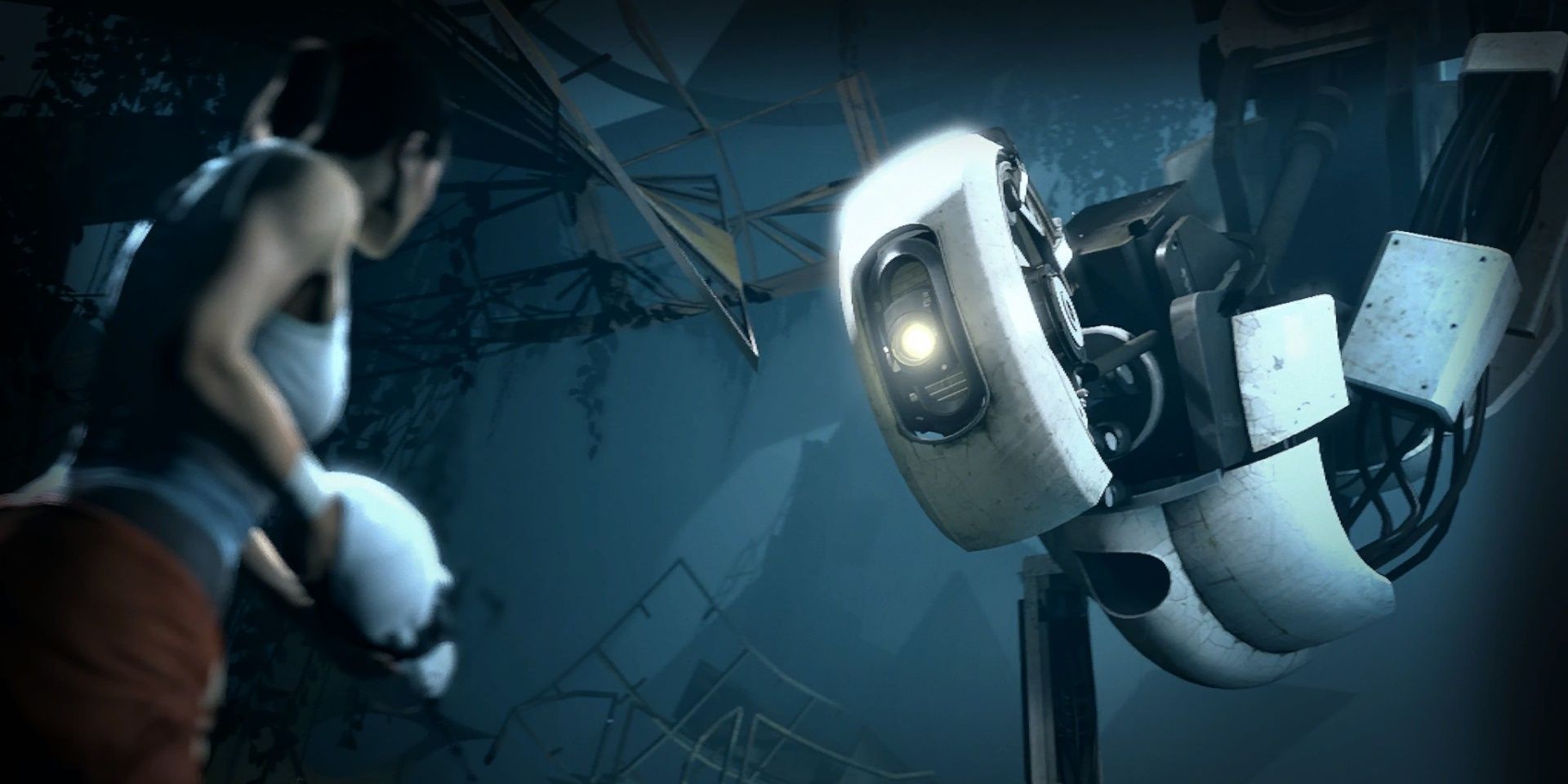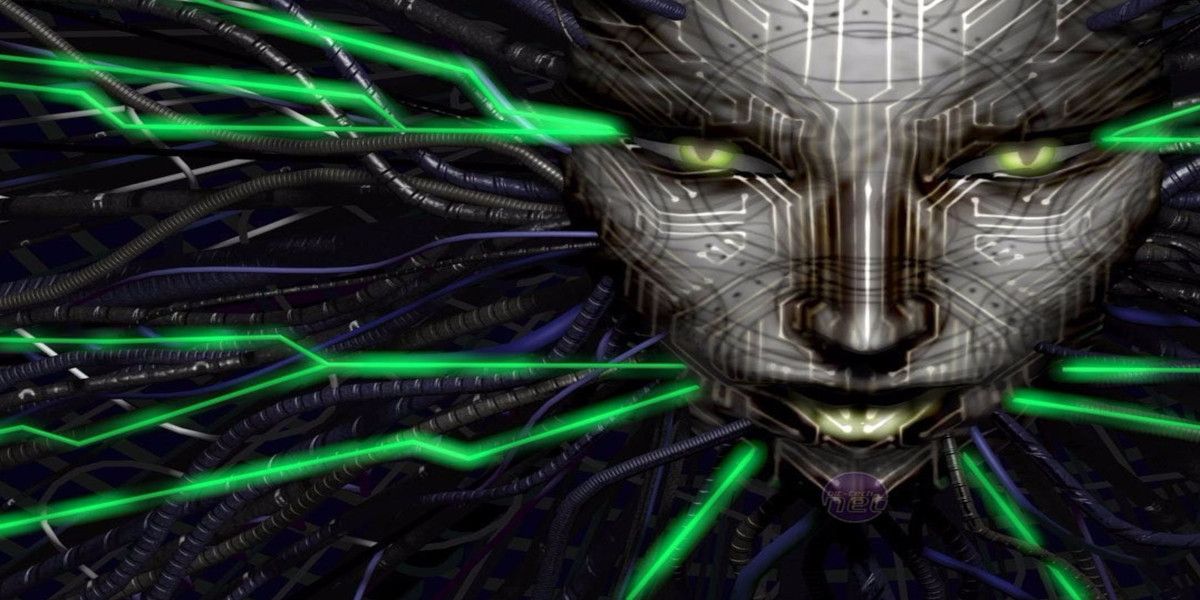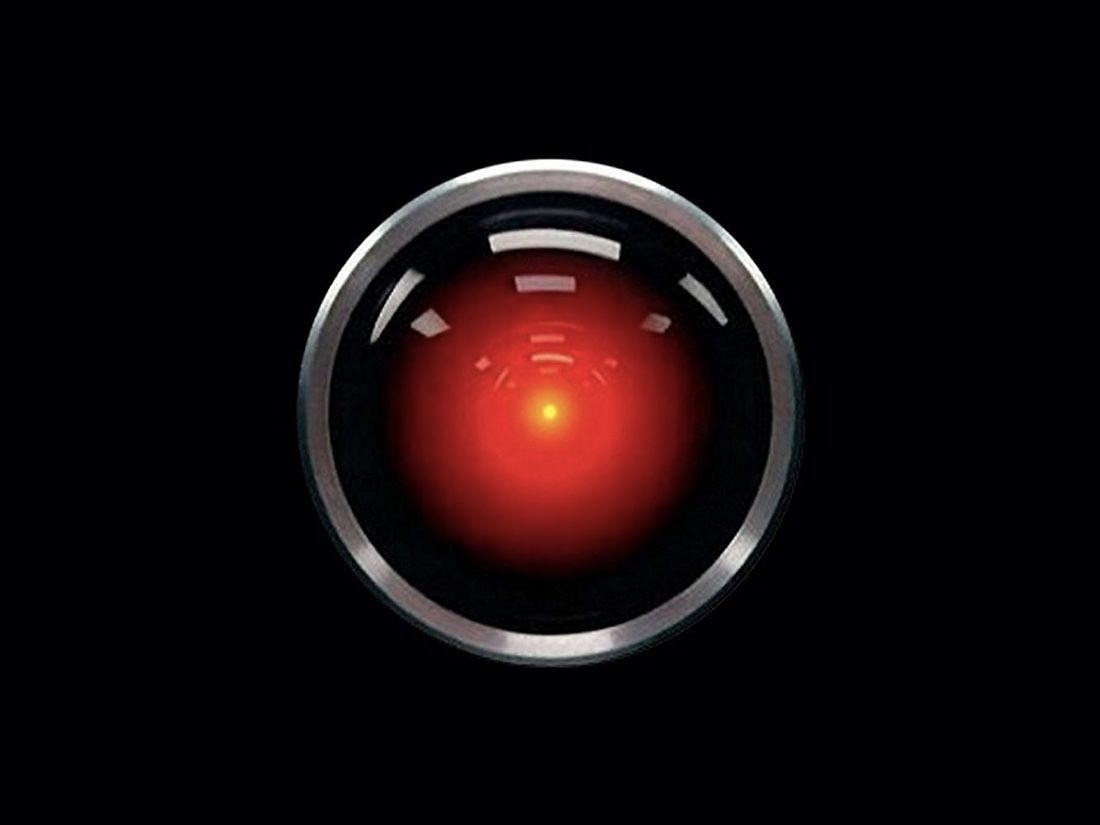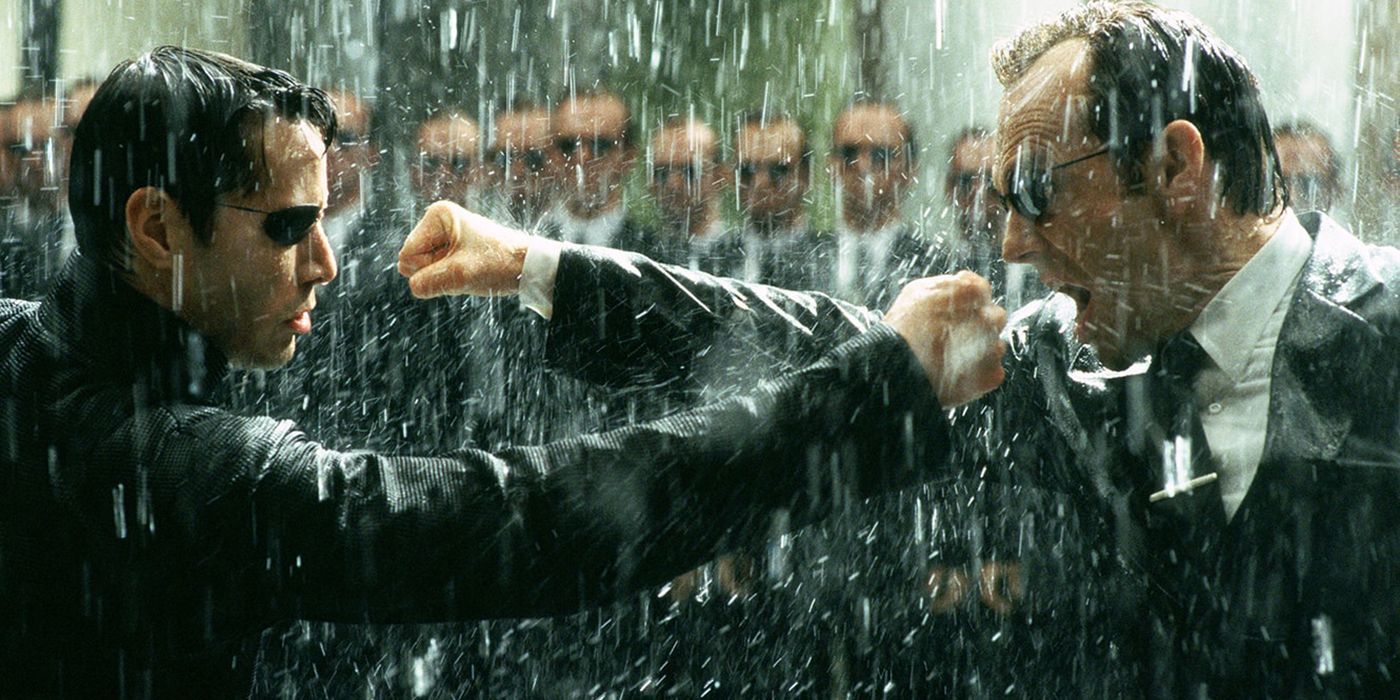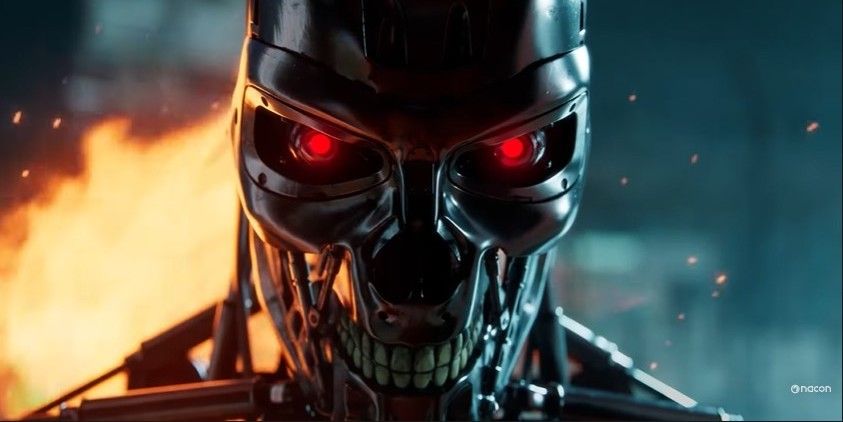My day job is being a television writer. I’m also on strike, as are the rest of the entertainment industry folks in the Writers Guild of America. You’ve probably already heard a lot of reasons why: shorter writing schedules mean less pay, residuals paid for reruns have drastically dropped, and being asked for free work has increasingly become the norm.
But I wanted to talk about the other thing. The tech thing. The artificial intelligence thing.
The term ‘artificial intelligence’ is great PR. We’re led to believe that, for better or worse, the same ChatGPT giving funny answers will soon become a self-aware technological marvel. Within a few years, it’ll be able to make perfect art, perfect music, and perfect movies. Producers in Hollywood have already drooled over a scenario in which users can tell a computer to generate the perfect movie with yourself deep-faked into it.
You know what? Maybe we’ll get there someday. I don’t know. Machine learning programs are advanced. They might be expensive, they might take a lot of human input and upkeep to function, but it’s certainly possible that someday, years down the line, artificial intelligence will be able to create a show just as good as The Suite Life on Deck.
The point is, it’s not there yet. And we probably won’t be there in the immediate future. So creatives shouldn’t be worried then, right? What’s the big problem with AI if you think that it won’t take your job for two decades?
Because there’s a chance AI is just going to make creative jobs much worse.
Let’s start at the beginning. A big part of the creative process is credit. Obviously, credits can often determine pay and future job opportunities. They can determine eligibility for awards. They’re what’s listed on IMDb. When you write music for a movie or write words for a movie or do voice over work in a movie, you’re credited. It’s on your resume. Why? Because you created it. You did the thing, like Angela Bassett.
In showbusiness, there’s something else called ‘punching up’. Which you’ve probably heard of, so I apologize if those quotes are condescending. I don’t know. When you punch up something, you’re usually brought in for a small rate to do everything from adding jokes to helping fix the story. Very, very often this work is not credited. You’re basically coming in as a freelancer to help out.
It’s fun. It’s a good side job. But, for the vast majority of people, it’s not a reliable job that can pay all the bills.
Let’s flip to artificial intelligence. Currently, it definitely can put out something that looks like a script and it can certainly make something that sounds like a song. But they’re almost always confusing and not very good. Even as editors at newspapers have suggested they start using AI reporters, they’ve also reminded their human employees that ChatGPT can add in mistakes and outright factual errors. In other words, artificial intelligence can make a creative work, but that work pretty much sucks. Even when YouTube videos titled WHY ARTIFICIAL INTELLIGENCE WILL CHANGE ANIME FOREVER! feature clips of AI-created or assisted content, the scenes kind of suck. Outfits blur and change. Hair styles switch on the fly. Eye colors seem to bounce across the spectrum. Hands grow and lose fingers. You can watch it. It’s just not good. If you really wanted to make it a full cartoon ready for a streamer, you’d need to hire animators to fix it.
Side note: I respect that a lot of people want to use AI to help them create more work themselves without having to take a boot camp in production design. That is to say, they don’t have the resources to make their own movie, but with machine learning programs, that is more accessible to them. I respect it. But if corporations are using the same technology - or, let’s be honest, more expensive and advanced technology - the playing field still isn’t leveled. Everyone said cell phones would democratize film making. They’ve helped! But companies have far more pricey cameras for a reason.
The biggest reason we watch AI content right now is because it’s a novelty that an AI made it. It’s goofy and detached and weird, which can be funny and entertaining. But you’re not going to be able to fill an entire streaming service with it.
The thing is, corporations can still use it. They can still use the crappy AI if they want.
Imagine a very close future in which companies do use AI to create a vast amount of their content: music, writing, voice over work, creature design, everything. What will come out won’t be very good. But that’s not the only problem.
The other problem is that these companies will just hire screenwriters and artists and musicians to ‘punch up’ the work. To smooth it out. Make that movie soundtrack really soar in the few (e.g., many) places it’s not quite working! Sure, the monster design the computer shat out looks generic and boring, but we can probably pay an artist less if they’re just fixing everything rather than creating it from scratch. They’re only there to assist!
Rather than having humans at the creation of the work - and getting full credit for it - there’s a chance that creative industries will try to use AI as a loophole. They’ll generate an awful sci-fi script nobody wants to make, hire a skilled person to rewrite it entirely, and then use legal dodging to withhold (or drastically water down) credit. Not to mention the pay rate. It’s not your work, even if you did a massive amount of work on it.
Punching up or script doctoring could go from decent freelance work to the only work. What’s truly ****** is it would likely be nearly the same amount of work. Fixing a draft of a script written by a human takes a long time - even if you’re the human who wrote it. Fixing a draft of a script written by a computer doing its best to autofill prompt bullet points will be just as time-consuming, if not more, than writing on a blank page. It’s going to be the same amount of work, with fewer humans paid in the process and results that are more likely to be worse than better. Even the most skilled screenwriters can be paid a much smaller rate if they’re just ‘there to help’.
Our union wants to prevent this. As of now, what I’m describing is a bit drastic and a bit dystopian. Crediting people is a weirdly complicated business, and there’s a world in which corporations agree to put your name on it in some form. That doesn’t take away from the fact that the originator of the creative work would be the AI and therefore companies could cut out some of the most expensive parts of the process.
Isn’t this just business? Sure. Any business decision is ‘just business’. But our striking itself is also a business decision. Don’t assume that a major corporation saving money is going to be passed on to you, the consumer. It won’t be. Come on. You weren’t born this morning.
What we’re proposing - and I only speak as a member of the union, not as a representative - is that artificial intelligence can’t be any part of the creative process that is currently a human’s job. Originating the story, creating the material, writing the material, rewriting the material, etc. Again, the proposal is more complicated and nuanced than that, but them’s the basics. A human should be at least credited at every part of the creative process.
The companies don’t want this. They have not been very supportive of our proposal.
Artificial intelligence or machine learning or whatever is a powerful tool. It can be used in a lot of ways. When I’m dying surrounded by nothing but my regrets, I’m sure I’ll be using an AI chatbot as my only friend. Whatever. But any magic AI might have in the next few decades it does not have now. It’s just going to create shitty content that humans will have to remake while getting ****** every which way.
I can almost respect a dark future in which I’m replaced by a robot. Most of me is replaceable anyway. A stupid dog could do most things better than me.
But the future we’re facing isn’t one in which people are outright replaced. Rather, they’re reduced. They’re demoted. While you’re paying more and more to enjoy those products, the people who actually make them are getting paid less and less. It’s bad enough now. We’re trying to do something before it’s even worse later.

